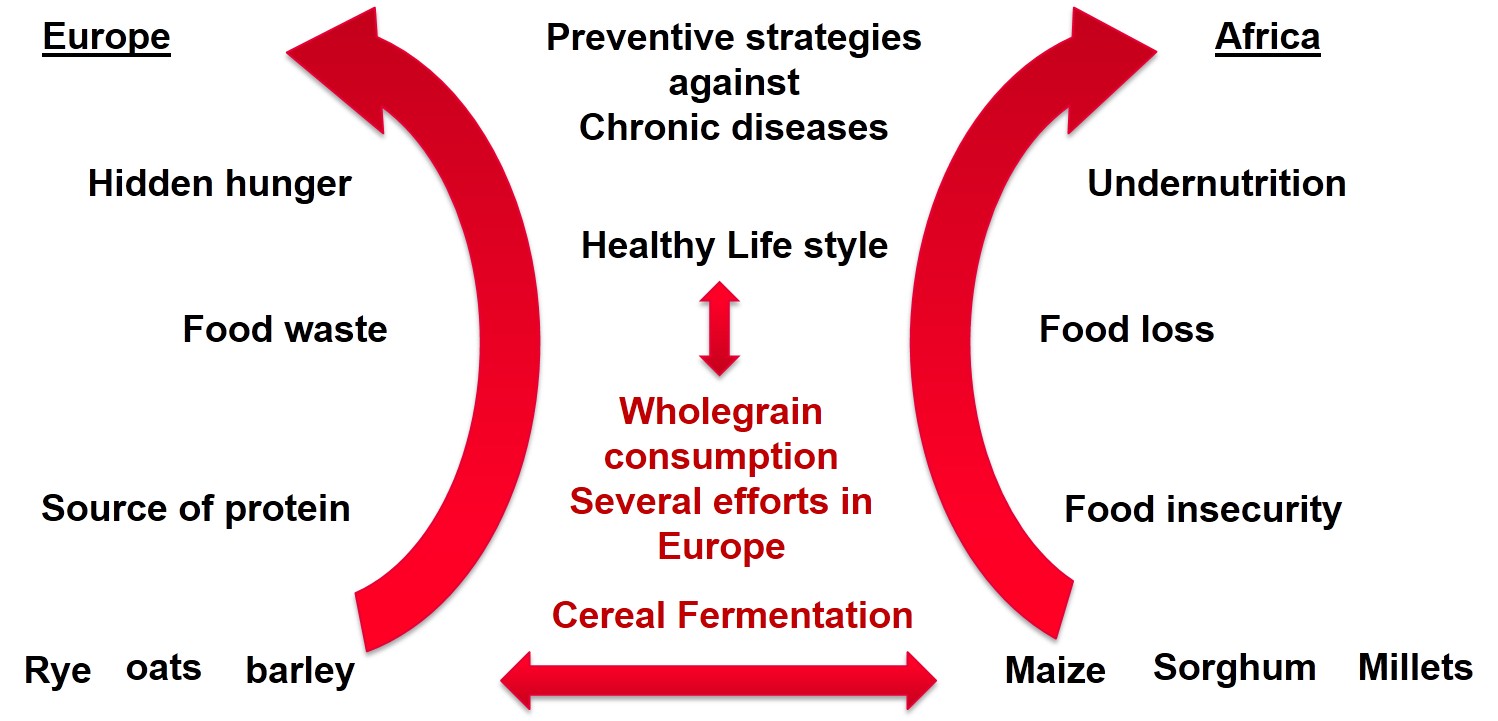The FIBREPRO project is a three year project funded under the ERAAFRICA network. ERAAFRICA is a European Union (EU) project aimed at promoting a unified European approach to collaborating with Africa in the field of science and technology research for innovation and sustainable development. The funding strategy was well planned and ensures all partner countries invested in the project fund. I.e African partners fund the local institutions involved in the project and European partners fund the institutions involved in the project.
Finland (Funding from the Academy of Finland and The Finnish cultural foundation)
Portugal (Funding from Science and Technology Foundation)
Kenya (Funding from the National Council of Science, Technology and Innovations, Ministry of Education Science and Technology)
Burkina Faso (Funding from National Fund of Research and Innovation for Development)
Hopefully similar funding models will enhance more investment of African governments in research.
The project was funded under the thematic area: Interfacing challenges. The interfacing challenge identified in the FIBREPRO project was the need to promote consumption of cereal fibre and whole grain rather than consumption of refined grains. The figure shows the interfacing challenge identified in this project. While Europe tries to deal with hidden hunger food waste and the need for alternative sources of proteins, Africa is trying to tackle under-nutrition, food loss rather than food waste and food insecurity. Yet at the interface of both societies, is the need to develop strategies to prevent the prevalence of chronic diseases.
Figure 1. Identification of the interfacing challenge affecting both African and European societies.
We believe this will be a key strategy in the prevention of chronic diseases. The basic idea is to go back to our traditional ways of living where consumption of whole grain was normal. In Europe several initiatives have been take to promote consumption of cereal fibre. In Africa their is a growing demand for traditional delicacies made of indigenous African cereals (sorghum and millet) especially by the older generation. This is not only beneficial from a health perspective but also will play an important role in enhancing food security. The indigenous cereals were largely abandoned in the past for high yielding cereals such as rice, maize and wheat. Its however time to improve the value chain of this indigenous cereals and most of all harness the health benefits of consumption of these grains. They are drought resistant and more investment should be made to improve there production in Africa.
The FIBREPRO project is composed of five work packages
- Evaluating dietary fibre consumption and the role of whole grains or cereal dietary fibre in Kenya and Burkina Faso,
- Grain quality evaluation and harmonization of dietary fibre analysis, according to AOAC methodologies,
- Development of starter cultures for whole grain and cereal fibre rich products,
- Development of whole grain and cereal fibre based products for the African and European Markets,
- Dissemination of results to the public, scientific and industrial community.
